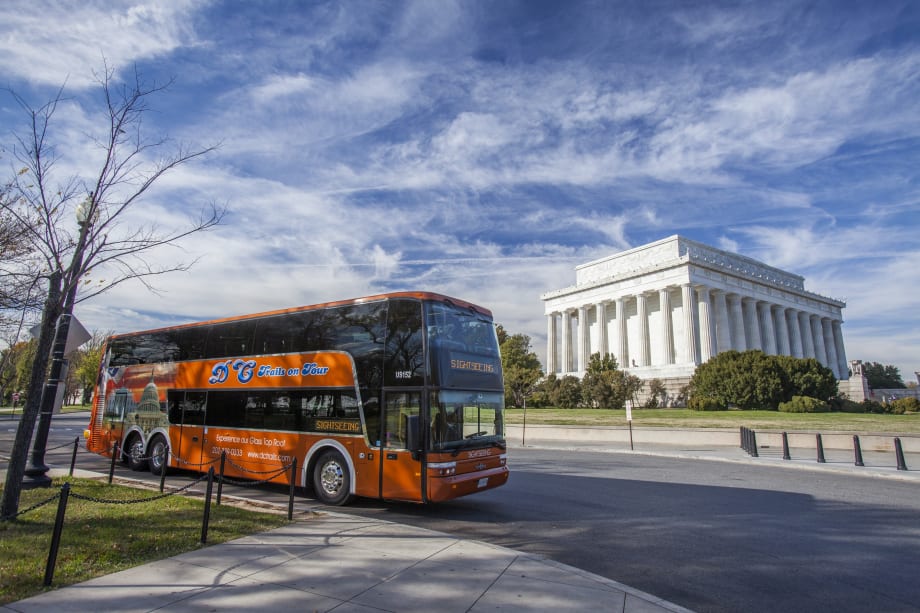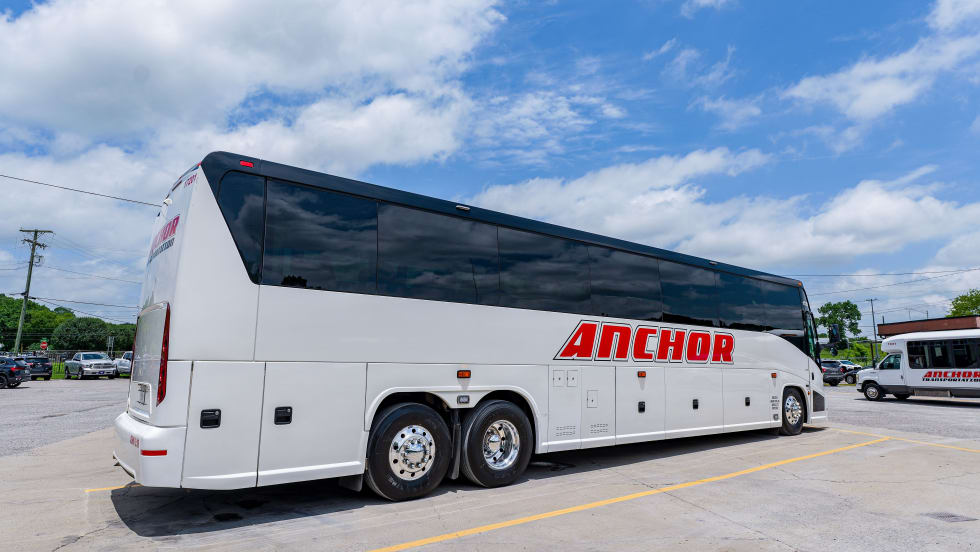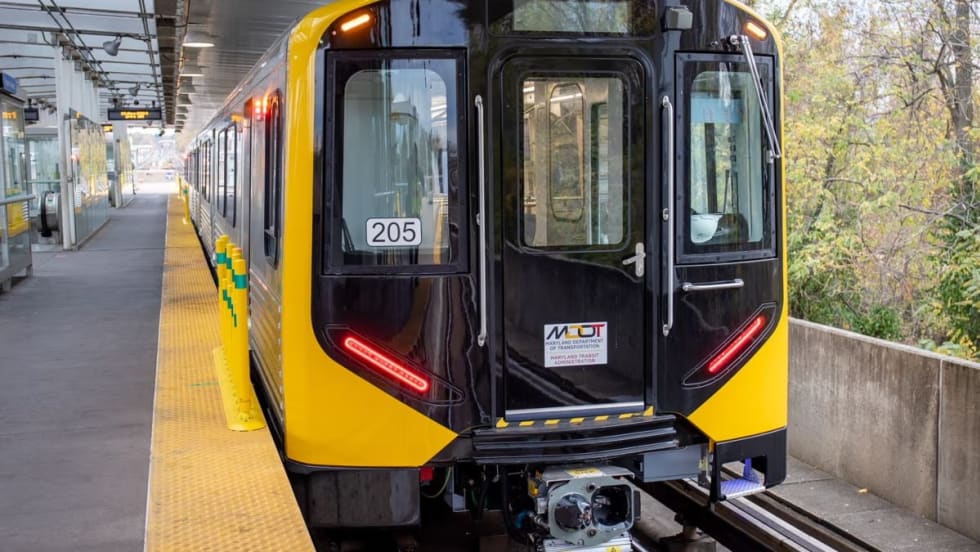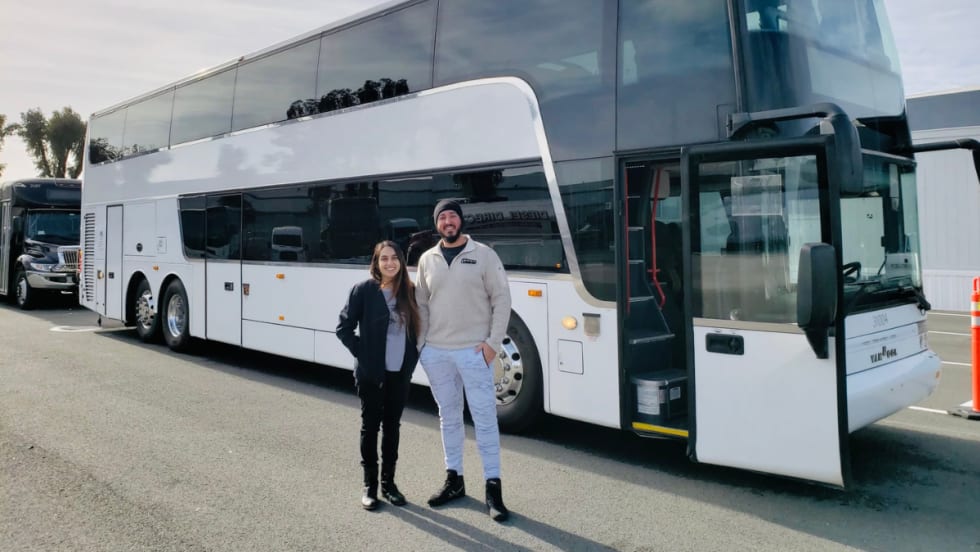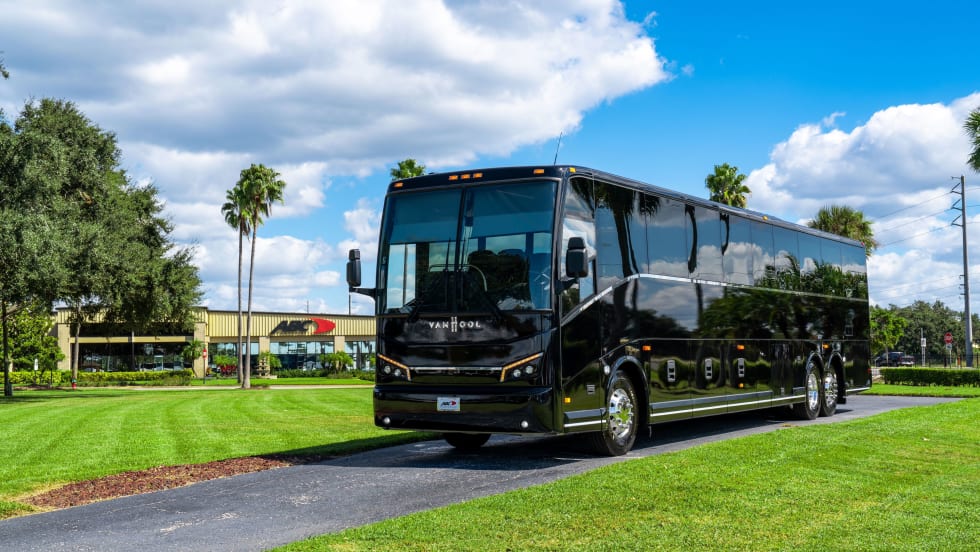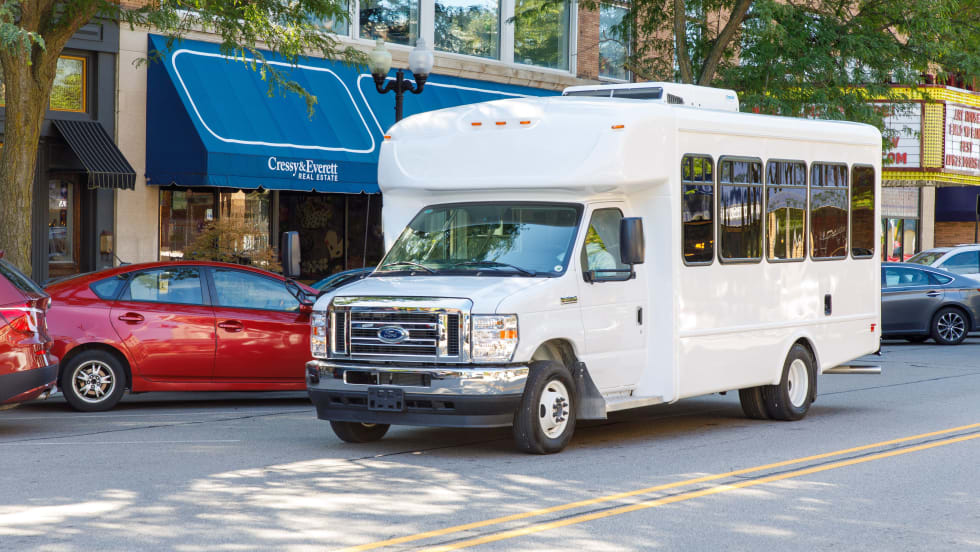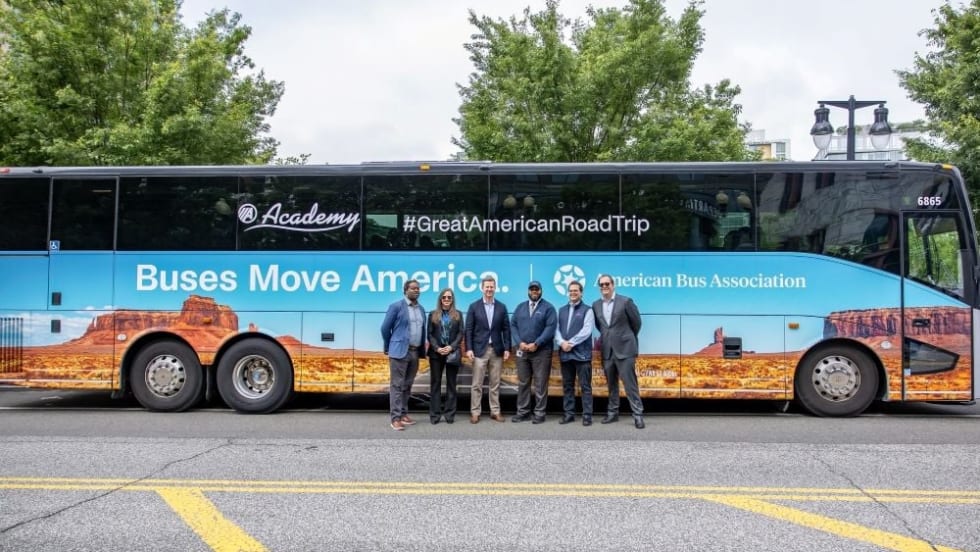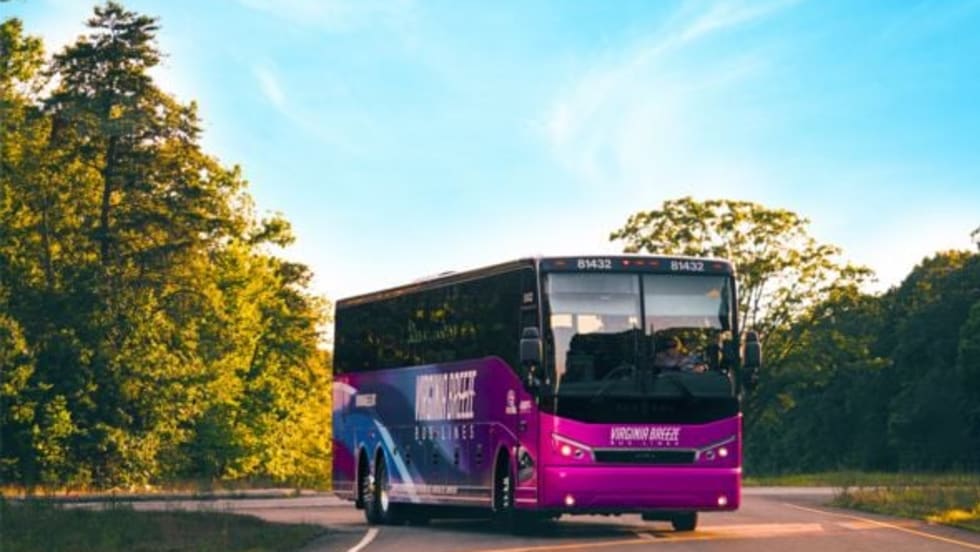As part of the agency’s ongoing effort to review existing regulations to evaluate their continued necessity and effectiveness, the Federal Motor Carrier Safety Administration (FMCSA) is rescinding the requirement that drivers of commercial buses submit — and their motor carriers retain — driver-vehicle inspection reports (DVIRs) when the driver has neither found nor been made aware of any vehicle defects or deficiencies.
“This straightforward rule is reflective of the agency and US DOT’s approach to reducing unneeded regulatory costs, while ensuring safety. Eliminating regulatory burdens and saving commercial drivers valuable time is helpful to support the commercial bus industry — especially during our nation’s economic recovery,” said FMCSA Deputy Administrator Jim Mullen. “The bus industry plays a critical role in connecting our nation’s people and communities, and this commonsense rule change will make a difference for commercial bus companies around the country,”



